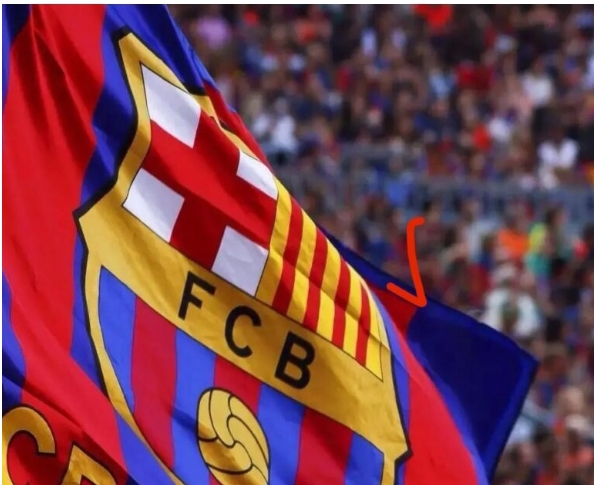Where Real Madrid and Barcelona Rank Among La Liga’s Youngest Squads – Full Breakdown
The 2025/26 La Liga season has kicked off with plenty of excitement, and alongside the battles on the pitch, squad dynamics are also grabbing attention. One of the most intriguing aspects highlighted this year is the average age of teams across Spain’s top division. According to data from Transfermarkt, the balance between youth and experience has never been more critical, and two of the biggest clubs—Barcelona and Real Madrid—are leading the way when it comes to youthful energy.
Barcelona sit comfortably at the very top of the list, boasting an average squad age of just 25.5 years. This reflects the Catalan club’s ongoing strategy of trusting young talent, with players like Lamine Yamal and new recruit Franco Mastantuono symbolizing a fresh era at Camp Nou. Their reliance on academy graduates and emerging prospects makes them the youngest squad in La Liga, showing that the club is focused on building a long-term future while still competing at the highest level.
Just behind them are Real Sociedad at 25.6, a team well-known for its commitment to nurturing homegrown talent. Meanwhile, Real Madrid take third place with an average age of 25.7 years, a statistic that underlines how Carlo Ancelotti’s men have successfully blended their legendary core with the next generation. The likes of Jude Bellingham, Arda Güler, and Endrick are now central figures, keeping Los Blancos competitive while also ensuring longevity in the squad.
At the other end of the scale lies newly promoted Real Oviedo, who surprisingly field the oldest team in the league. Their average age sits at 28 years and 9 months, with veteran midfielder **Santi Cazorla—now 40 years old—**playing a significant role in pushing that number upward. His leadership and experience remain invaluable for Oviedo, even if the contrast to the youthful squads of Barcelona and Madrid is striking.
This ranking paints a broader picture of La Liga’s direction. Clubs like Barça and Madrid are increasingly investing in youth, recognizing that stamina, development potential, and resale value are essential in modern football. On the other hand, teams like Oviedo rely on seasoned professionals to provide stability in their fight to stay in the division.
One fan even joked that Barcelona’s average age could drop even further in the near future, especially once Robert Lewandowski, one of their oldest starters, eventually departs. His presence is currently an “outlier” in an otherwise youthful squad.
In short, the numbers reveal a fascinating story: La Liga’s biggest clubs are not just competing for trophies, they are also competing in a race towards the future—building squads that are younger, faster, and hungrier than ever before.


